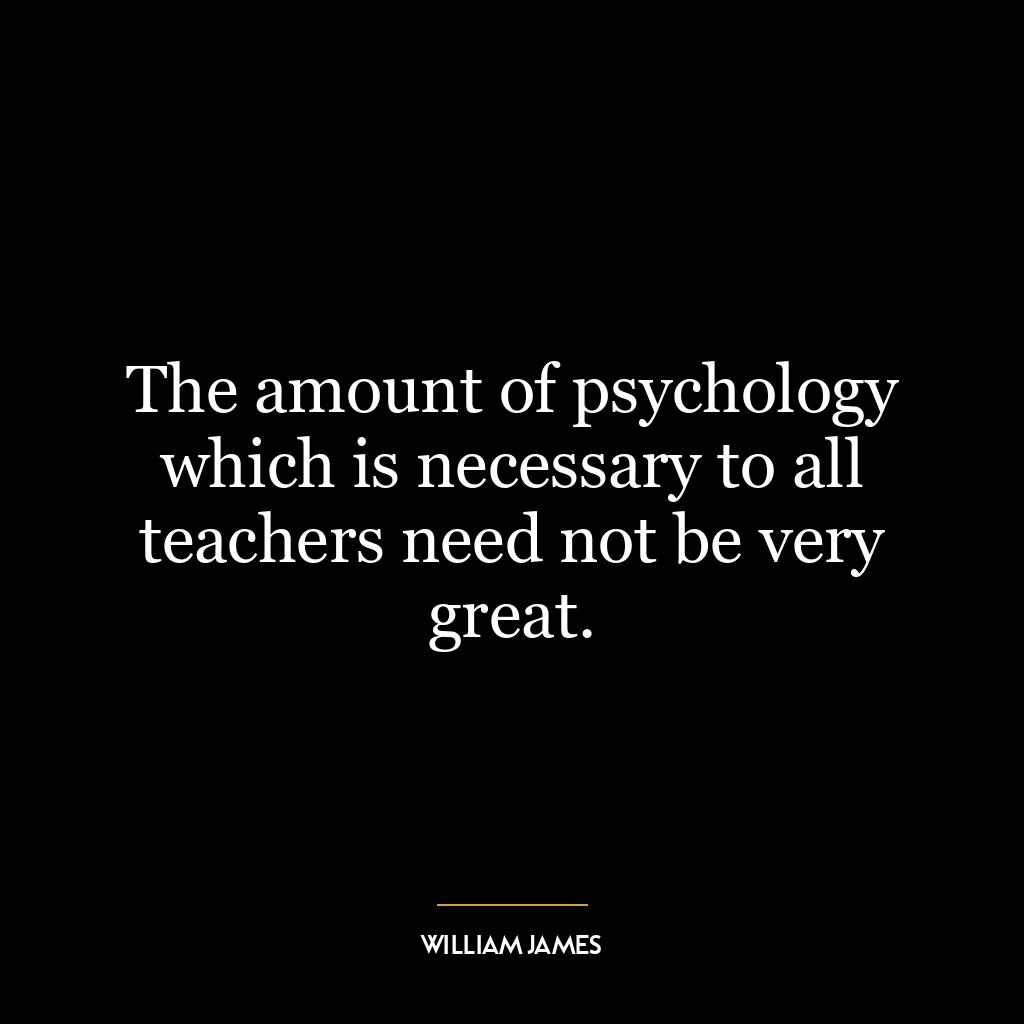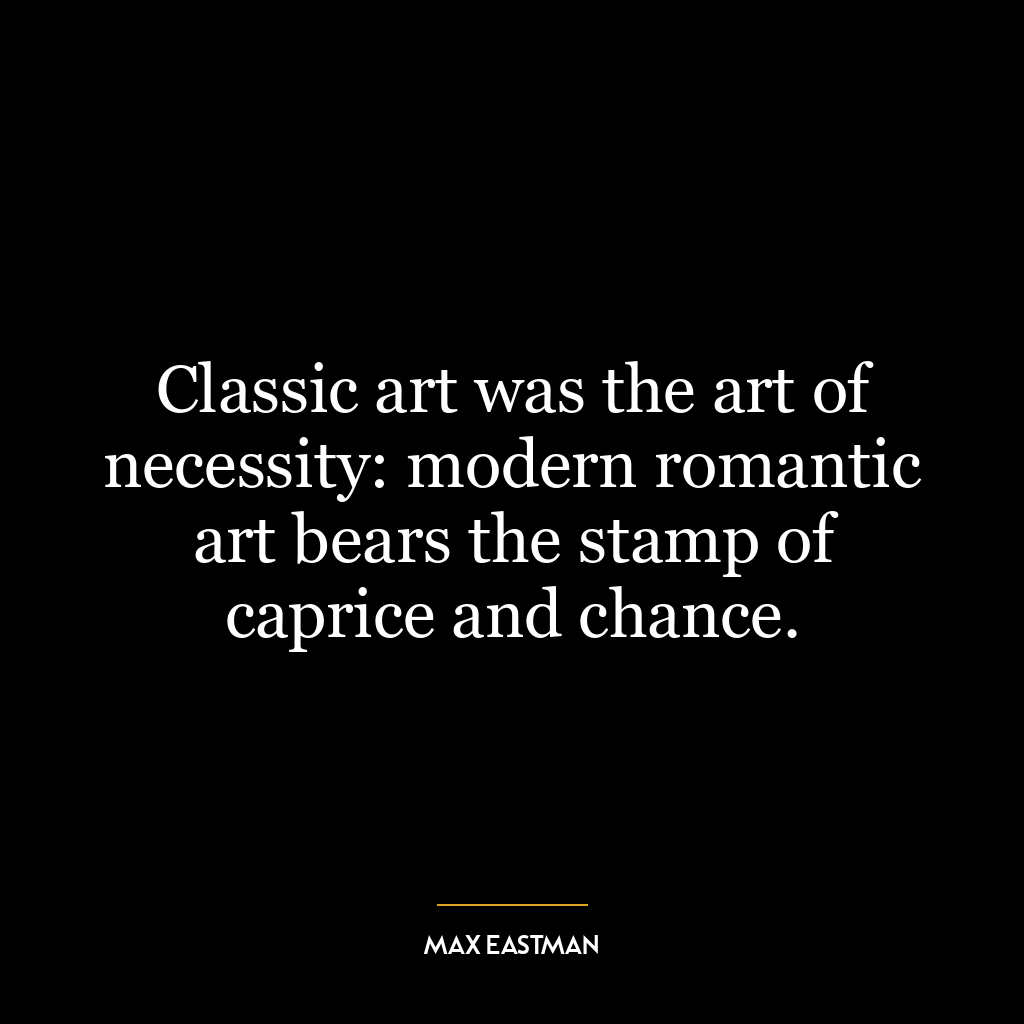The spinning wheel is as much a necessity of Indian life as air and water.
This quote by Mahatma Gandhi reflects the profound importance of the spinning wheel, or ‘charkha’, in Indian culture and economy. The spinning wheel is a tool used to spin thread or yarn from natural or synthetic fibers. In India, it was not just an instrument for producing cloth but also a symbol of self-reliance and interdependence.
By equating it with air and water – two fundamental necessities for human life – Gandhi emphasizes the deep-rooted significance of the spinning wheel in Indian society. It symbolizes not just economic activity but also carries emotional, cultural, and political connotations.
In using this metaphor, Gandhi was advocating for Swadeshi – a policy promoting Indian-made goods during India’s struggle for independence from British rule. He saw the spinning wheel as a means to empower rural communities financially while simultaneously fostering national unity against colonial dependence.
Applying this idea to today’s world could mean recognizing and valuing local industries or traditions that are often overlooked in our globalized economy. It could be seen as an encouragement to support local businesses that reflect our culture and heritage rather than relying solely on mass-produced goods from multinational corporations.
In terms of personal development, one might interpret this quote as emphasizing self-reliance – much like how Indians were encouraged to produce their own cloth rather than depend on imported British goods. This could translate into developing skills that allow you to be more self-sufficient or independent instead of relying heavily on others.
Furthermore, it emphasizes interdependence – acknowledging that we are part of bigger systems (like communities) where everyone has a role (much like each person contributing through their use of the charkha). This may encourage us to appreciate our place within larger systems: families, communities or even ecosystems – understanding both what we take from them but also what we contribute back.








